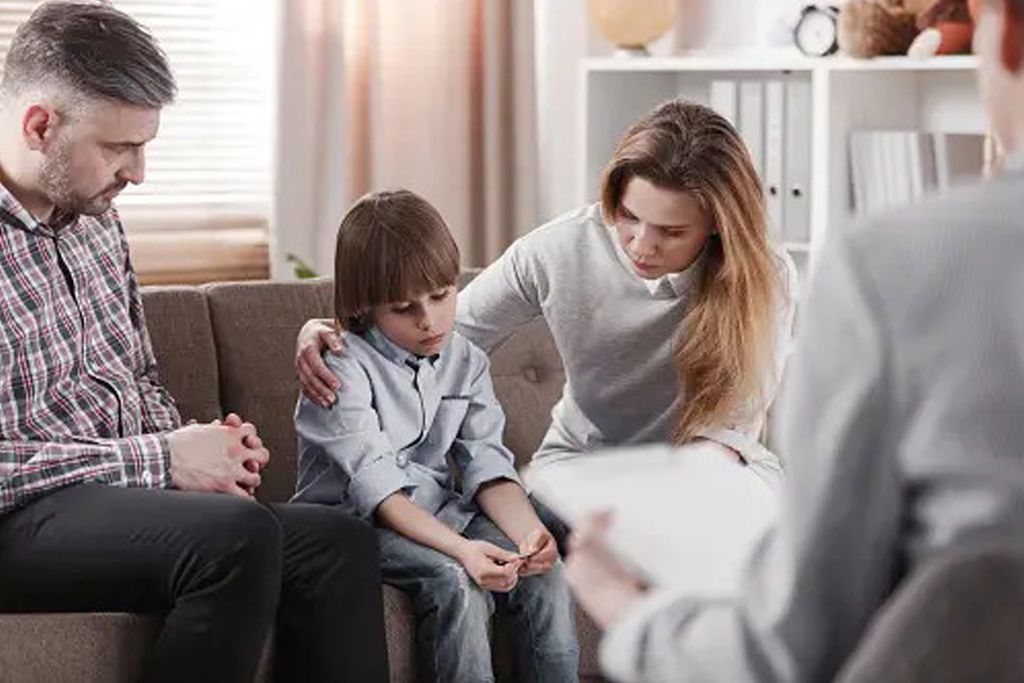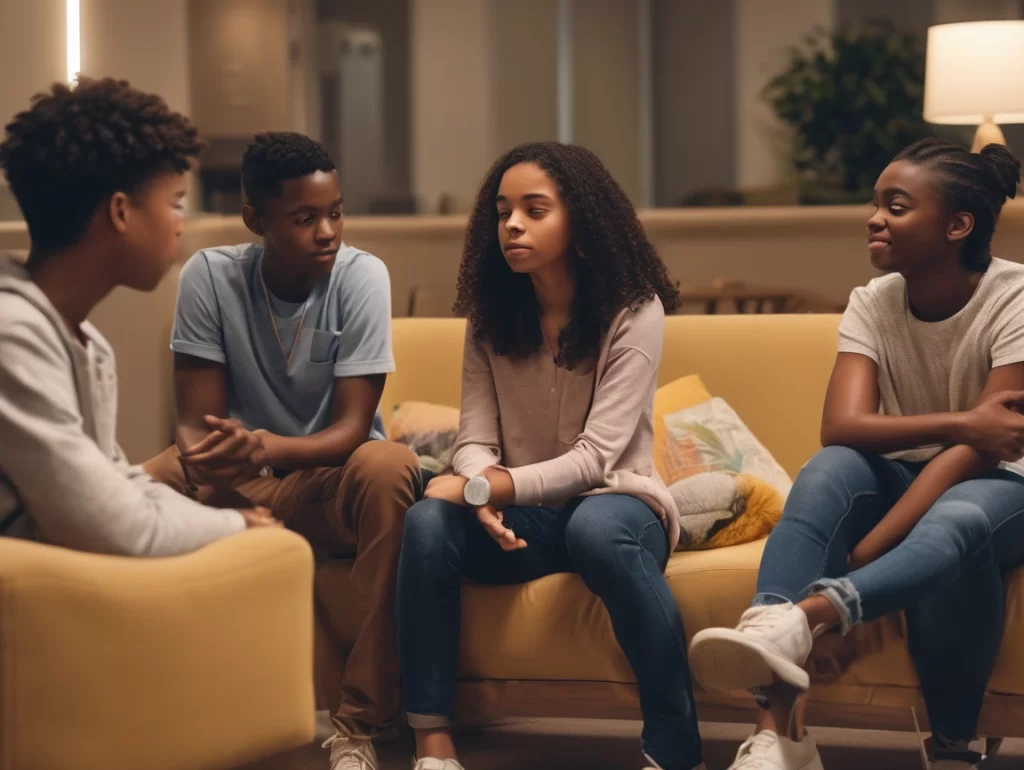Grief and loss are experiences that are a natural part of life, but they can be emotionally challenging and trigger feelings of depression in some individuals. Coping with grief and depression can be overwhelming, and it is essential to seek help and support when dealing with these difficult emotions. Depression therapy can be a valuable tool in helping individuals copes with grief and loss by providing a safe and supportive environment to explore and process their feelings, develop coping strategies, and improve their overall mental health.
In this blog, we will examine the role of depression therapy in managing grief and loss and how it can help individuals navigate these challenging experiences.
What is Depression Therapy?
Depression therapy, also known as talk therapy or psychotherapy, is a mental health treatment involving talking to a trained professional to explore and address emotional and psychological challenges. There are many different types of depression therapy, including cognitive-behavioral therapy (CBT), interpersonal therapy (IPT), and psychodynamic therapy, among others. This therapy aims to help individuals identify and address the underlying causes of their depression, formulate coping strategies, and enhance their overall mental health.The Link between Grief and Depression
Grief is a typical and natural response to loss, but for some, it can lead to depression. According to the American Psychiatric Association, grief that is intense, prolonged, or interferes with daily functioning may indicate a major depressive disorder. Symptoms of depression may contain feelings of unhappiness, hopelessness, and guilt, as well as changes in appetite and sleep patterns and a loss of interest in once enjoyable activities.
Grief and depression can be challenging to distinguish from one another, as they share many of the same symptoms. However, the critical difference between grief and depression is that grief is a response to a specific event, whereas depression is a more persistent and ongoing emotional state. It is also worth noting that not everyone who experiences grief will develop depression and that the grieving process can vary significantly from person to person.
How Depression Therapy Can Help?
Our depression therapy in Houston can be valuable in helping individuals cope with grief and loss. Through this therapy, individuals can explore and process their feelings of sadness, anger, and guilt in a safe and supportive environment. This therapy can also help individuals identify and challenge negative thought patterns contributing to depression, develop coping strategies, and sweeten their overall mental health. There are various types of depression therapies which include:
Cognitive-Behavioral Therapy – One of the most common types of depression therapy is cognitive-behavioral therapy (CBT), which concentrates on determining and modifying negative thought patterns and behaviors. In CBT, individuals learn to recognize and challenge automatic thoughts that may be contributing to their depression and to replace them with more positive and adaptive thoughts. CBT can also help someone develop coping techniques, such as relaxation techniques and problem-solving skills, to manage their symptoms of depression.
Interpersonal Therapy – Interpersonal therapy (IPT) is another type of depression therapy that may be particularly helpful for individuals dealing with grief and loss. IPT focuses on the individual’s relationships and how they may affect their mental health. In IPT, individuals learn to improve their communication skills and establish healthy boundaries in their relationships. This can be particularly helpful in grief and loss, as individuals may struggle with difficult emotions and need support from their loved ones.
Psychodynamic Therapy – Psychodynamic therapy is another type of depression therapy that may be helpful for individuals dealing with grief and loss. Psychodynamic therapy focuses on exploring the unconscious thoughts and feelings that may contribute to an individual’s depression. Through therapy, individuals can gain insight into their emotions and better understand how their past experiences may affect their mental health.
In conclusion, grief and loss are natural experiences that can trigger feelings of depression in some individuals. Depression therapy, such as cognitive-behavioral therapy, interpersonal therapy, and psychodynamic therapy, can play an essential role in helping individuals cope with their emotions and improve their overall mental health. Through our depression treatment in Houston, individuals can remember to identify and compete negative thought patterns, develop coping strategies, and understand their emotions.
It is important to remember that seeking help is a sign of strength and that there is no shame in asking for support when dealing with difficult emotions. With the right help and support, individuals can learn to manage their grief and depression and move forward positively and meaningfully.




I was pretty pleased to discover this web site. I want to to thank you for your time for this fantastic read!! I definitely really liked every bit of it and I have you book marked to see new things on your web site.